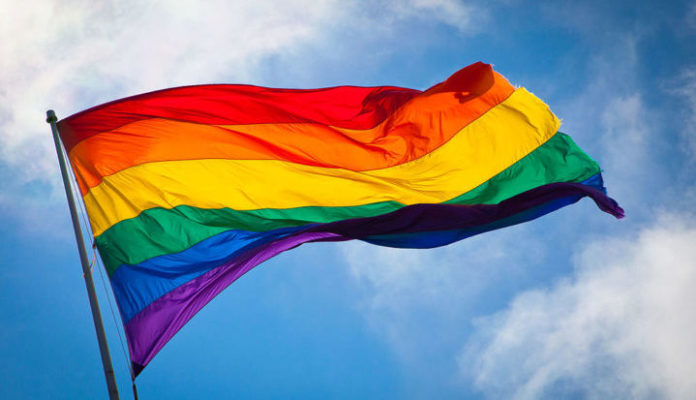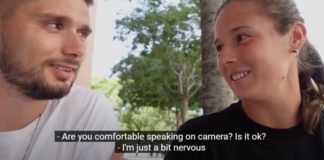
ECONOMYNEXT – Weeks after a video surfaced of a person identifying herself as a counsellor openly making homophobic remarks at a police training in Kandy, the Sri Lanka College of Psychiatrists has said it does not consider homosexuality a mental illness and called for its decriminalisation.
“The Sri Lanka College of Psychiatrists would like to categorically state that we do not endorse the view that homosexuality is due to a disease of the mind or body,” the group said.
“Modern day psychiatrists do not identify or diagnose homosexuality as a mental illness or treat it as such. This myth that homosexuality is a mental illness is not in keeping with the evidence-based science practiced by our membership,” they added.
The offending video, which was shared on Twitter on August 02, showed the counsellor posing the question “Would you like your child to be a victim of a homosexual?” to an audience of police officers who all replied no in unison.
The trainer is heard advising the policemen and women against the union of same sex couples, adding that the members of the audience would not have been born had their parents been gay.
She also claimed that governments in Sri Lanka have been toppled over their stance on homosexuality.
The College of Psychiatrists said in its statement that, according to modern medical knowledge and social values, the lifestyle choices of the lesbian, gay, bisexual, transgender, intesex and queer (LGBTIQ) community are to be respected and not discriminated against.
“We would like to strongly urge the authorities to change article 365 of the penal code which states that homosexuality is a criminal act. This archaic law should be abolished and homosexuality decriminalised in Sri Lanka,” the statement said.
Sections 365 and 365A of the Penal Code prohibit “carnal intercourse against the order of nature” and “gross indecency between persons”, which rights groups including Human Rights Watch have said is “commonly understood in Sri Lanka to criminalise same-sex relations between consenting adults, including in private spaces.”
Human Rights Watch has documented that other laws, including a vaguely worded Vagrancy Law and a penal code provision banning “cheating by personation,” are also used to target transgender and gender non-conforming people for arrest.
“Police have carried out many such arrests with violence. Among the 61 lesbian, gay, bisexual and transgender (LGBT) people interviewed for a 2016 Human Rights Watch report, 16 had experienced physical or sexual assault, including rape, by the police,” an HRW report published in October 2020 said.
When the police training video came up at a cabinet press briefing earlier this month, then co-cabinet spokesman Minster Keheliya Rambukwella said the matter of LGBTQI rights have come up “over and over again” and has been taken up for discussion.
“Right now, it’s not legalised – I don’t really know if law enforcement have been taking any action [against LGBTQ people] – but it’s a matter that’s under discussion,” he said.
According to Rambukewlla, recognising LGBTQ rights has not been completely ruled out.
“Nor has it been accepted. Right now, with the constitution, it is not. But it’s at a stage of discussion, with some kind of reasoning out,” he said.
“There are a few people and organisations who have made representations, so we’ll be looking seriously at it,” he added. (Colombo/Aug19/2021)








